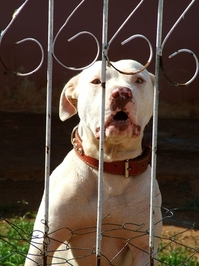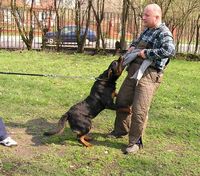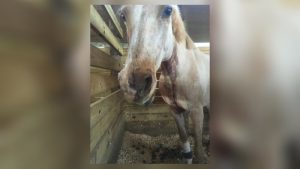
The Unruh Civil Rights Act prohibits a wide range of discrimination in public accommodations, including a prohibition against discriminating against an individual based upon their disability status. Following its initial enactment, the Unruh Civil Rights Act (“Unruh”) was expanded to incorporate the Americans with Disabilities Act (“ADA”), which also prohibits discrimination on the basis of disability in the enjoyment of public accommodations. Unruh does not expressly address service dogs, but the ADA does, and it defines a service animal to mean “any dog that is individually trained to do work for the benefit of an individual with a disability, including a physical, sensory, psychiatric, intellectual or other mental disability.” Further, the statute requires that the animal have completed training. The California Court of Appeal noted in a 2017 case that the language of the statute used the word “trained” and read it as to exclude animals that are in the process of being trained, or that have not yet completed training, from inclusion as a service animal under the Americans with Disabilities Act. Surprisingly, the Department of Justice (“DOJ”) has also weighed in on the characterization of service animals who have been trained or are currently in training. The DOJ published a series of responses to frequently asked questions in 2015, and interpreted the ADA as to require that a dog be already trained before it can be taken into public places. The California Court of Appeal relied upon the statutory language of Unruh and the ADA, along with the guidance from the DOJ to arrive at its decision that the prohibition against arbitrary discrimination in public accommodations applies to trained service dogs, but not service dogs in training.
The syntactic distinction may seem minor, but the difference in a “trained” and “in-training” service animal has significant societal and legal implications. First, the training of service animals, like any sort of training, requires experience in the sort of locations and situations in which it will be utilized in the future. This interpretation will impose severe limitations on the availability of locations in which service animals may receive beneficial training, and could result in the sort of consequences the statute was enacted to protect. Secondly, this ruling will also likely impact the number of service animals that will be available to disabled persons in the future, as the ruling imposes limitations on the viability of getting the service animals trained properly and in a timely manner.
However, the Court of Appeal’s analysis did not end there. The Disabled Persons Act (“DPA”) expressly addresses service animals and, unlike the ADA, extends the protections against arbitrary discrimination to service animals that are being trained. That extension of protection is not without limitation, however, as it requires that the animal’s presence in the place of public accommodation must be “for the purpose of furthering their training.” Further, the DPA recognizes only three categories of people who are permitted to bring a service animal which is in the process of being trained into an establishment for the purpose of furthering that training: (1) the disabled person; (2) persons licensed to train service animals; and (3) persons “authorized” to train services animals. Because the term “authorized” has various meanings, the court analyzed how to best define the term at length, and concluded that “persons authorized to train” service animals means “any person who is credentialed to do so by virtue of their education or experience.

 Atlanta Personal Injury Lawyer Blog
Atlanta Personal Injury Lawyer Blog







